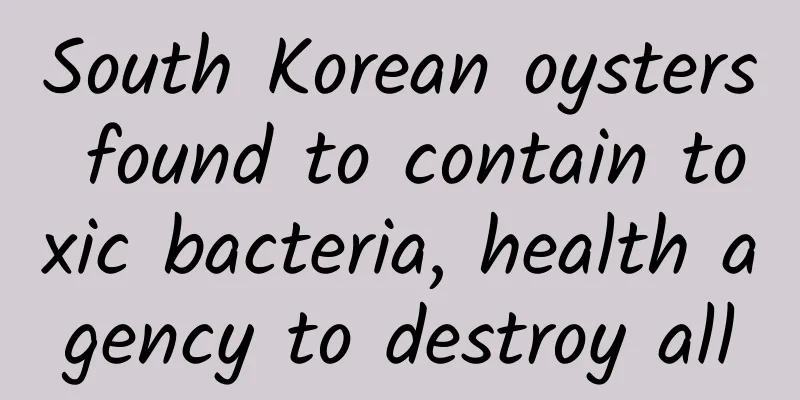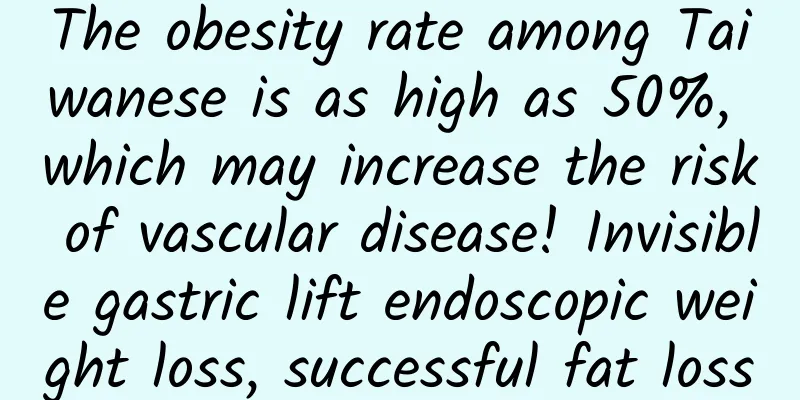South Korean oysters found to contain toxic bacteria, health agency to destroy all

|
In early June, it was reported that people in the well-known restaurant chain "Food Paradise" collectively developed symptoms of food poisoning after eating Korean oysters. The Department of Health sealed up the oysters imported from South Korea and tested 29 of them, confirming that they were contaminated with pathogenic microorganisms. Therefore, all of them will be destroyed in accordance with the law. Zheng Weizhi, section chief of the Food and Drug Administration of the Department of Health, said that after the suspected poisoning incident from eating Korean oysters was reported, the Department of Health sealed Korean oysters imported from April 6 to June 6 from five importers, with a total of 7,204 boxes and 155,682 oysters. 29 of them were randomly sampled for food poisoning pathogens and viruses, of which four were found to contain Bacillus cactus which did not meet the regulations, and three were found to contain norovirus and astrovirus that cause infectious diarrhea. Section Chief Zheng Weizhi explained that the samples containing the poisonous bacteria came from more than two importers. Epidemiological investigations showed that there was a significant statistical correlation between people's consumption of oysters and poisoning incidents, and oysters were indeed the cause of the poisoning. Moreover, these oysters all come from South Korea. The US FDA recently assessed that Korean shellfish may be at risk of contamination by human excreta and norovirus. Based on relevant information, it is determined that the currently sealed Korean oysters have been contaminated by the virus. Therefore, in accordance with Article 11, Paragraph 1, Clause 4 of the Food Sanitation Management Act, all oysters that are contaminated by pathogenic microorganisms and are harmful or likely to be harmful to human health will be destroyed. The Department of Health also announced on June 9 that it would conduct batch-by-batch inspections on oysters and shellfish imported from South Korea and conduct additional tests for norovirus. They would only be released after confirmation that they were not contaminated. Section Chief Zheng Weizhi said that so far no related goods have been re-declared. |
<<: Taiwan Green Gold! Taro-flavored edamame is available in December
>>: Hot-selling dragon fruit "Taipei Hope Plaza" starts selling this weekend
Recommend
Is cervical erosion of degree 2 serious? 4 things to pay attention to when you have cervical erosion of degree 2
When cervical erosion is still at grade 1, the pa...
Some common causes of adnexitis
The cause of adnexitis has always been a topic of...
How to take care of patients with ovarian cysts and what are the postoperative complications
Caring for a patient with ovarian cysts? What are...
How are adnexitis diagnosed?
What are the methods for diagnosing adnexitis? If...
At what age do uterine fibroids usually occur? At what age are uterine fibroids most likely to occur?
At what age do uterine fibroids usually occur? At...
What medicines are used for patients with gynecological vulvar leukoplakia? What are the external medicines for gynecological leukoplakia?
Understand the necessity of medication for patien...
What should you pay attention to in preventing hyperprolactinemia?
What precautions should be taken to prevent hyper...
What are the causes of cervical erosion?
Many people know about cervical erosion, a common...
Why does uterine fibroids have low T2 signal? What does uterine fibroids have low T2 signal?
Why do uterine fibroids show low signal in T2 seq...
What are the clinical symptoms of uterine fibroids?
The incidence of uterine fibroids is extremely hi...
Experts introduce several emergency measures for ectopic pregnancy
In life, ectopic pregnancy has affected the norma...
Things to note before abortion
Now many hospitals have introduced painless abort...
Swimming is prone to fungal vaginitis
Swimming pools in summer are places where bacteri...
Ask the hospital about cervical precancerous lesions
Gynecologists said: There are many factors involv...
What to do if a pregnant woman has threatened miscarriage
Being pregnant is a great joyous event, but pregn...









